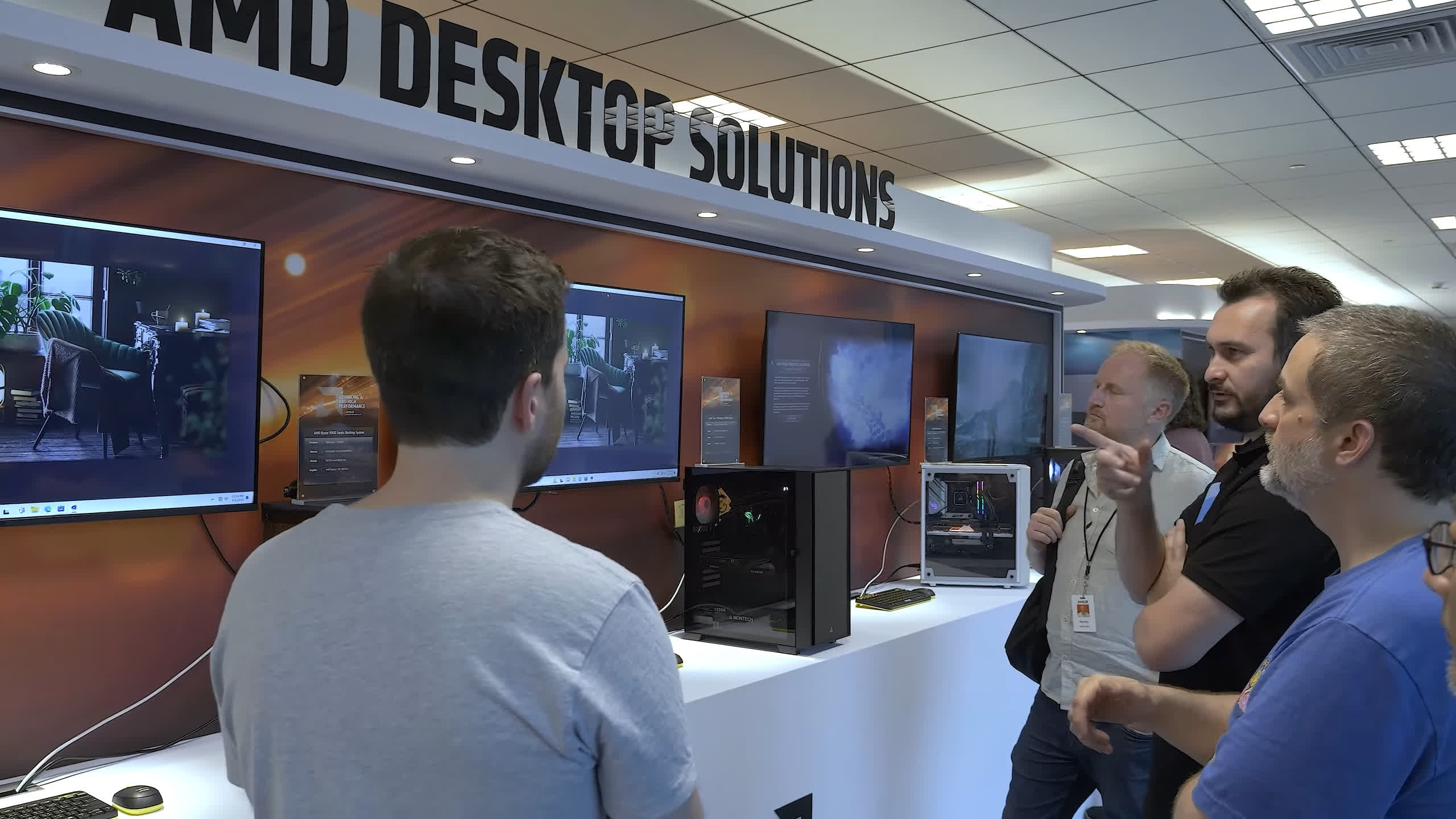-Agreed, but it's also the reason I wish more reviewers would test "real world" gaming set-ups more often as opposed to always min/maxing the CPU/GPU combo.
Might make a fun article to review a $500/$1000/$1500 Intel/AMD/NV systems and see if there is really much difference between them in Raster performance and how much difference there is in RT...
People buy parts based on the min/max numbers, but often pair their GPU/CPU with a far less powerful GPU/CPU than the review and could in theory have the exact same performance regardless of which vendor they went with.
